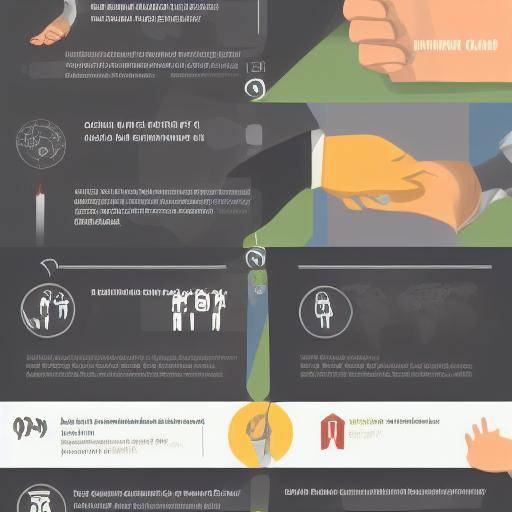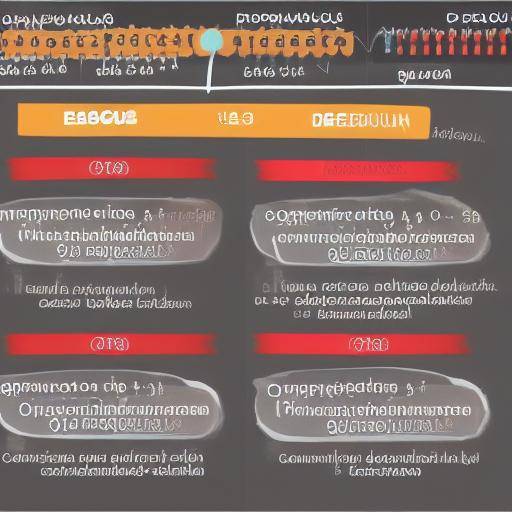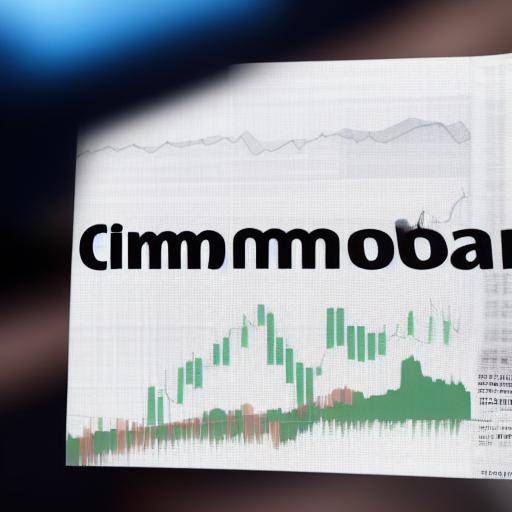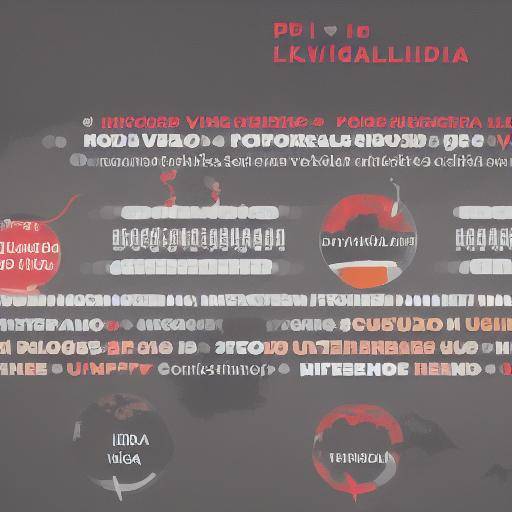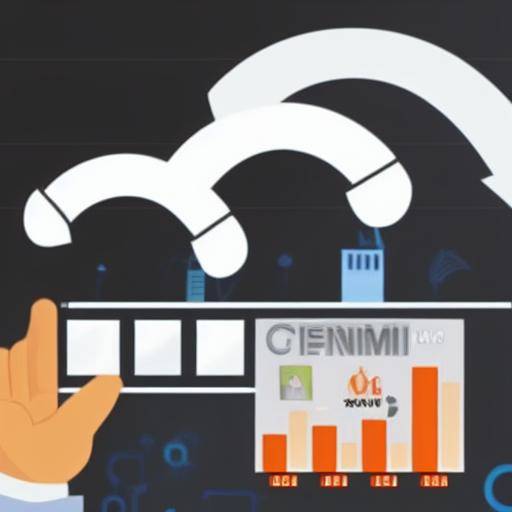
Introduction
In the world of investments, investment funds and ETFs (Exchange Traded Funds) are two popular options for investors seeking to diversify their portfolios and obtain returns. Both products offer investment opportunities, but have significant differences in terms of structure, management and features. In this article, we will explore in detail the differences between investment funds and ETFs, as well as the advantages and disadvantages of each one, to help you make more informed financial decisions.
History and Background
Investment funds have their roots in the 18th century, when institutional investors began to pool their resources to diversify risk and optimize returns. On the other hand, ETFs emerged in the 1990s as an evolution of traditional investment funds, offering investors a more flexible and diversified way of negotiating assets.
In the 1970s, investment funds were consolidated as a popular tool for retail investors and became one of the main options for collective investment. The ETFs, for their part, experienced explosive growth from the years 2000, driven by their efficiency, transparency and flexibility compared to traditional investment funds.
Analysis in Deep
Investment funds are characterized by being actively managed by professional fund managers, who make investment decisions with the objective of overcoming a benchmark or benchmark. On the contrary, the ETFs passively replicate a specific market index, which means that their goal is to follow the performance of an index without trying to overcome it.
In terms of liquidity, investment funds are valued once a day, at the close of the market, while ETFs are negotiated in real-time stock exchange, which provides them with greater liquidity and flexibility for investors. In addition, investment funds tend to have higher costs in the form of management commissions, while ETFs tend to have lower costs because of their passive structure and that management commissions tend to be lower.
Detail
In terms of diversification, both investment funds and ETFs offer investors the possibility of investing in a diversified asset basket, which helps reduce risk. However, investment funds may have more specific and focused strategies compared to ETFs, which may result in differences in profitability and volatility.
Another aspect to consider is flexibility. While investment funds typically require higher initial investment and may impose early ransom penalties, ETFs allow investors to buy and sell shares at any time during regular trading hours, without significant penalties.
Comparison
| Aspect | Investment funds | ETFs |
|---|
Practical Tips and Accessible Advice
In considering investment funds and ETFs, it is essential to evaluate your investment goals, risk tolerance, time horizon and associated costs. Here are some key tips for making informed decisions:
- Define your financial goals and consider the overview of your portfolio.
- It compares total costs, including management commissions and transaction costs.
- Evaluate liquidity and ease of purchase and sale based on your liquidity needs.
- Research the performance history and volatility of the funds and ETFs considered.
Conclusions and FAQs
Conclusions
In short, investment funds and ETFs are investment vehicles that offer different approaches and advantages for investors. Investment funds are actively managed, have daily valuation and may have higher costs, but offer more specific strategies and focus compared to ETFs. The ETFs, on the other hand, passively replicate market indices, have greater liquidity, lower costs and allow flexibility in the purchase and sale of shares.
Both products take place in investment portfolios, and the choice between investment funds and ETFs will depend on individual preferences and the specific financial goals of each investor.
Frequently asked questions
What are the main differences between investment funds and ETFs?
Investment funds are actively managed by professionals and have daily valuation, while ETFs passively replicate market indices, stock in stock and have lower costs.
What is the best option for a beginner investor?
For a beginner investor, the choice between investment funds and ETFs will depend on factors such as liquidity, costs and the preference for active or passive management.
What kind of market are investment funds more appropriate?
Investment funds, with their active management, can be more appropriate in volatile markets or with opportunities for specific strategies.
What are the costs to consider when choosing between investment funds and ETFs?
In assessing total costs, it is important to take into account management commissions, transaction costs and any possible early rescue penalties.
What is the most efficient way to diversify a portfolio through investment funds or ETFs?
Both investment funds and ETFs offer diversification, but the cost structure, active or passive management and liquidity are factors to consider for efficient diversification.
How can I determine which option is best suited for my investment goals?
Evaluate your financial goals, your risk tolerance and the liquidity you need to determine whether investment funds or ETFs are more suited to your particular needs.
In conclusion, investment funds and ETFs are valuable tools that offer different approaches to collective investment. By understanding key differences and considering your financial goals and investment preferences, you can make more informed decisions to build a solid and diversified portfolio.

